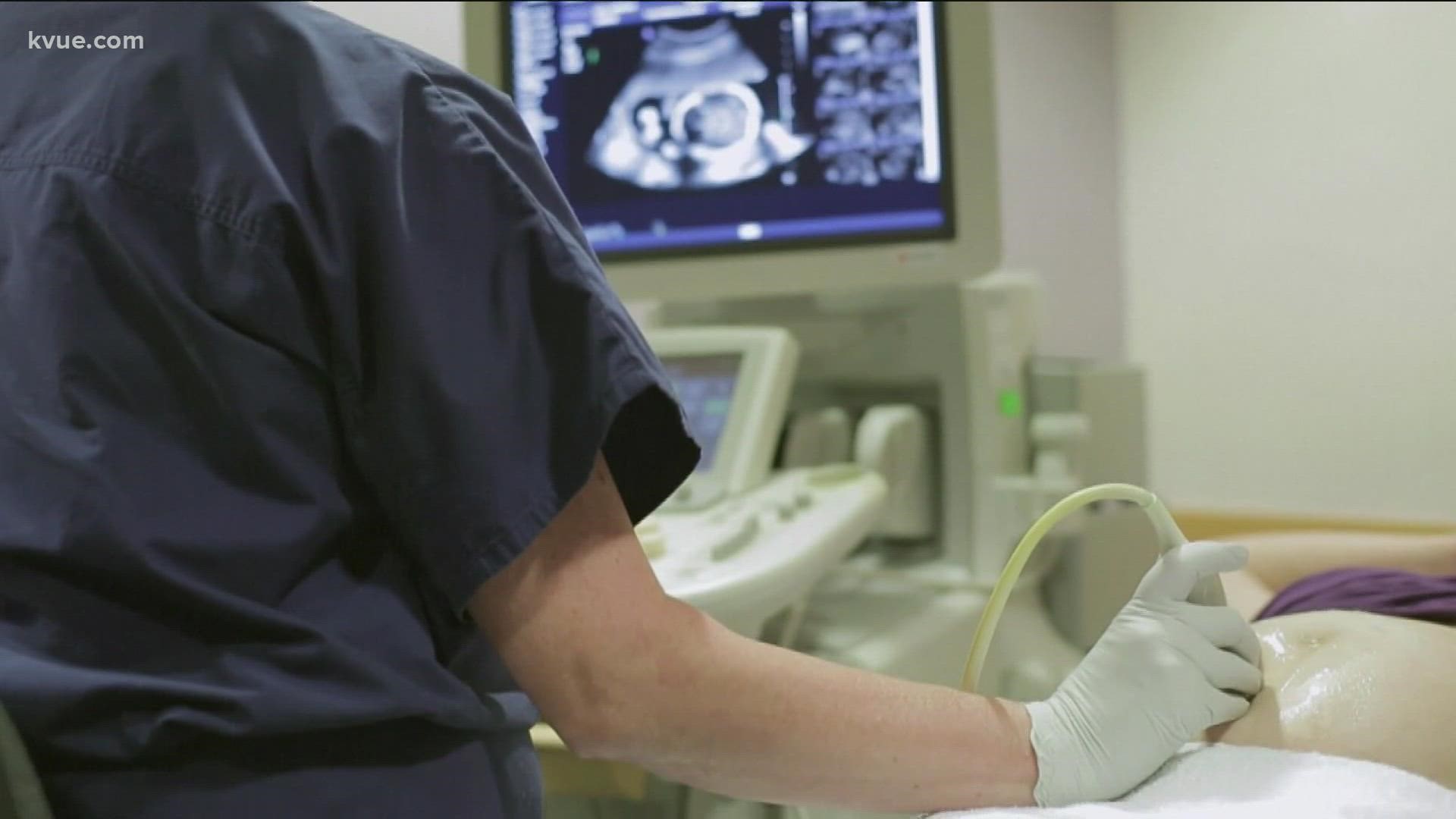AUSTIN, Texas — On Wednesday, the 'Texas Heartbeat Act,' or Senate Bill 8 (SB 8), became law. The Supreme Court voted 5-4 to let the law stand late Wednesday night.
Protests popped up across Texas, calling for the law to be overturned. However, if that does not happen, lawsuits against those who provide or help provide abortion services can occur. The law will be enforced civilly, rather than criminally, by members of the public.
Because of medical privacy rules protected by the Health Insurance Portability and Accountability Act (HIPAA), proving an abortion occurred can be a challenge. That means lawsuits over abortions will be equally challenging.
"I don't know that anybody knows [how it will work]," said David Donatti, a staff attorney for the American Civil Liberties Union (ACLU) based in Houston. "SB 8 does create all sorts of reporting requirements. For example, record-keeping requirements on behalf of physicians. But at the same time that it creates those requirements, all of the privacy protections here, they still apply."
"There was nothing in the bill specifically that talked about how people know or understand [that an abortion occurred]," said Chelsey Youman, the Texas director for the pro-life group Human Coalition Action.
The law allows for essentially anyone to file a lawsuit if an abortion happens, and the plaintiff would get a cash reward of $10,000 if the lawsuit succeeds. Lawsuits can be filed against doctors who perform abortions as well as a person who drives a patient to a clinic.
"Usually, when civil litigation involves medical information that a patient wants to keep private, judges permit the parties to designate documents confidential or file them under seal so they are not publicly accessible," Andrew Stephens, an attorney who represents a defendant in a federal case brought to the Supreme Court by pro-choice advocacy groups, said in an email Wednesday.
"You could imagine that an anti-abortion activist or someone who just really wants that $10,000 bounty will want to bring the case where they want to bring the case," Donatti said.
Youman, previously a constitutional law litigator, said lawsuits might not come from just anyone who believes an abortion happened. Instead, the lawsuits may come from those with personal knowledge of what happened.
"It could be the unborn child's father who knows that there was an abortion conducted and he's sad he lost a child," Youman said.
Pro-choice advocacy groups have vowed to continue filing petitions and lawsuits to block the Heartbeat Act. But for now, anti-abortion groups consider this a victory.
"I think any human matters, any human, no matter what stage of development, no matter how old, they have a purpose and they have dignity," Youman said. "We're seeing this play out across the world. We know humans matter and their lives are worthy of protection."
PEOPLE ARE ALSO READING:

